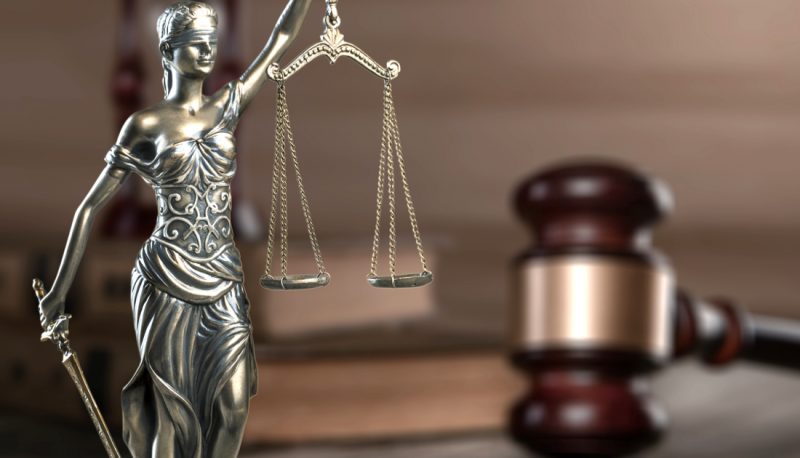“Confirmed Judges, Confirmed Fears” is a blog series documenting the harmful impact of President Trump’s judges on Americans’ rights and liberties.
Trump 4th Circuit judge Julius Richardson dissented from the August decision in Lennear v. Wilson that an incarcerated person who was forced to serve additional prison time because of alleged misbehavior should have access to a prison video that could have helped demonstrate his innocence. Richardson voted to uphold a lower court’s denial of such access.
Nicholas Lennear was convicted of drug charges and sentenced to federal prison, from which he is scheduled to be released in early 2021, when he is 60 years old, if he maintains good behavior. In 2016, he was charged with disciplinary violations relating to disruption he allegedly caused during a particularly long prisoner count. Lennear explained that he repeatedly asked to use the restroom during the count because his heart problems and diabetes require frequent use, that other prisoners were permitted to use the restroom but he was not, and that while he did become insistent, he did not cause disruption. He asked for access to prison video surveillance evidence that he contended could help prove his case, but was denied and found guilty based on guards’ testimony. As a result, he was placed in segregation for 30 days, lost commissary and visiting privileges for four months, had personal property impounded, and lost almost 30 days of “good time” credits, which meant he would be forced to serve in prison for that additional time.
Lennear filed a federal court petition, claiming that his due process rights were violated because he was “denied access to and official consideration of video surveillance evidence of the incident.” Without holding an evidentiary hearing, the district court denied the petition and Lennear appealed.
In a 2-1 decision, the 4th Circuit reversed and sent the case back to determine whether Lennear’s request was timely and relevant video evidence existed, which would entitle him to review and submit the evidence at a rehearing. The majority explained that the Supreme Court ruled more than 40 years ago that a prisoner facing a disciplinary charge that could result in serving more time in prison, as in this case, has the right to “call witnesses and present documentary evidence” in his defense. Judge Richardson’s dissent claimed this does not include video surveillance evidence, but the majority pointed out that the government itself, as well as other court decisions, have made clear that it does.
Richardson’s dissent also asserted that any error was harmless because Lennear did not demonstrate that the video evidence would “prove or disprove” the “central allegation” against him. As the majority explained, however, Lennear could hardly have made such a demonstration without seeing any relevant video, and it could well have helped his defense in other ways even if it did not directly “prove or disprove” the “central allegation.” Since neither the hearing officer nor the district court “ever viewed” any video, the majority went on, “we cannot know” if it would have aided the defense and the procedure discussed above should be followed.
If Richardson’s view had prevailed, Lennear and many other incarcerated persons could be subject to further punishment without even having access to video surveillance evidence that could help them defend against charges they claim are false. Fortunately, Richardson was in the minority, at least for now.

